Being confronted with the level of poverty that exists in developing countries can be unsettling. It’s common for tourists to feel compelled to ‘do good’ and ‘give back’ while on holiday. However, without understanding the bigger picture, their good intentions can do more harm than good.
In this article:
When I first visited Cambodia in 2005 I felt uneasy being on holiday surrounded by so much poverty. I was in Cambodia, sipping cocktails by the pool and right outside the hotel gates was heart wrenching poverty. I was feeling very uncomfortable about my privilege and wanted to do something to help while I was there.
My intention to do good while in Cambodia led me to visit and volunteer at an orphanage and then raise thousands of dollars to support the orphanage in the years that followed. Being naive, uninformed and unaware of my own social conditioning, I all too easily fell into the role of being a ‘white saviour’, having no idea of the potential harm I could cause.
After discovering the terrible abuse happening behind closed doors at the orphanage, I worked with a Cambodian child protection professional, Pon Jedtha, to set up another orphanage. In August 2007, Jedtha and I helped 14 children to escape from the abusive orphanage.
I was only 21 years old and suddenly responsible for 14 children. I knew I had taken on an enormous, lifelong responsibility. After learning to speak fluent Khmer [Cambodian language] I was able to communicate properly with the kids and found out they weren’t orphans at all – they were kids from poor families.
We tried to run the best orphanage possible with therapeutic programs. Despite our efforts, we still saw some worrying behaviours in the children and didn’t know to remedy them. We reached out to experts in child development and received lots of training in things like attachment theory and non-paternalistic social work. This training taught us that no matter how good our orphanage was, or how therapeutic the environment, institutional care could never give the children what they really needed – the love and individual care found in a family.
We then worked to transform the orphanage into a community empowerment model, now called Village Hive, that supports vulnerable families to escape poverty and raise their own children.
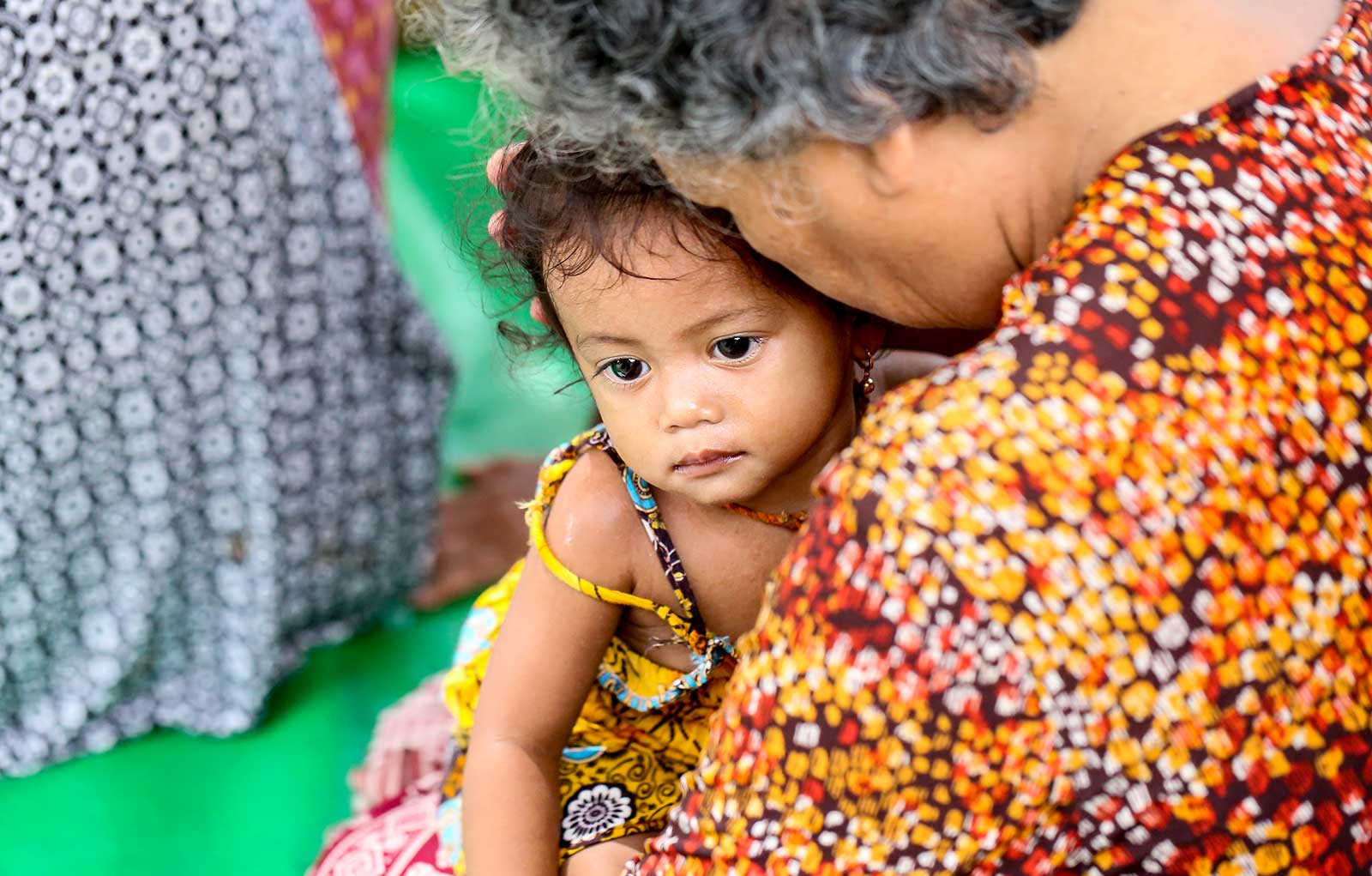
Voluntourism or volunteer tourism is a type of travel that incorporates volunteering into a trip to a developing country, in an effort to give back and make the holiday more meaningful. Voluntourism often involves short-term, unskilled work such as building houses, giving informal English lessons or helping to care for children in an orphanage.
Orphanage tourism specifically relates to the practice of visiting and volunteering at an orphanage while on vacation. The warm, fuzzy feeling tourists get from showering adorable children in love and affection makes it a particularly popular form of voluntourism.
Voluntourism is big business. Overseas charities often turn to voluntourism in the hopes of receiving money and funding from tourists. But there are countless problems that arise from Westerners undertaking work in a foreign country that they are not qualified to do.
Building houses in a developing country may seem like a great way to help a family in need of shelter. However, activities like this undermine local people and communities. Doing work that could be done by locals has an impact on local economies, taking jobs away from local people who are skilled and who need the work.
This paternalistic way of ‘helping’ overlooks local expertise and perpetuates a problematic stereotype of developing communities as inherently helpless and incapable of solving their own problems. It also perpetuates white saviourism and the incorrect assumption that white people are required to save black and brown people from their circumstances.
The knowledge and wisdom of how to solve complex social problems lives within local communities. The best way to help and give back is not by taking over and doing things ‘to’ or ‘for’ developing communities, but by using your skills, wealth and expertise to empower developing communities to build their own futures.
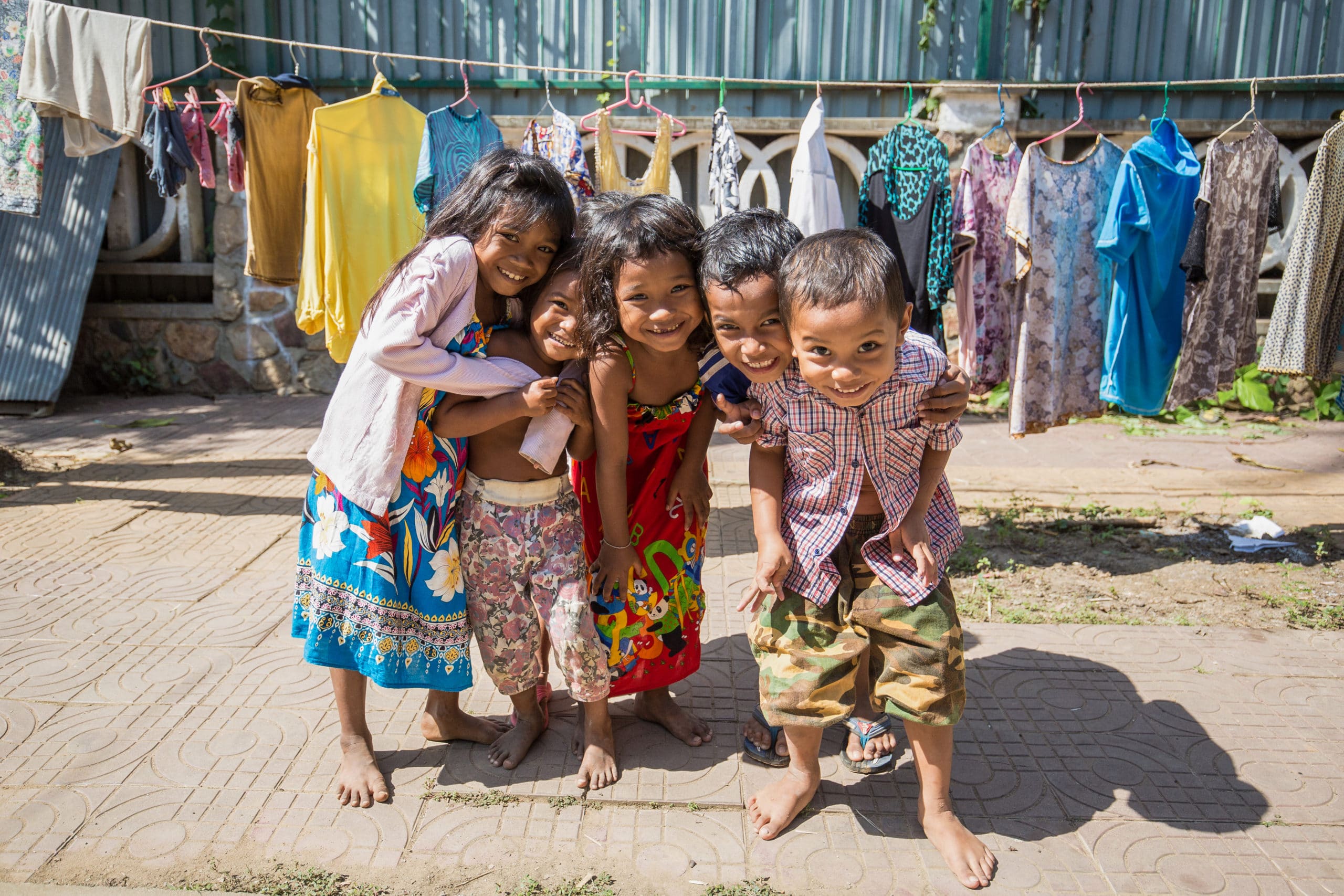
Orphanage tourism is one of the most dangerous and damaging kinds of voluntourism.
Interactive visits to orphanages create serious child protection risks. When a high volume of visitors are allowed access to children and opportunities to interact with them in intimate ways, it is impossible to ensure the safety and protection of the children.
Orphanage tourism also has a serious, lifelong impact on the psychological and emotional development of children. The single most important thing that children need to grow up well is a stable and nurturing attachment to at least one primary caregiver. A high turnover of adults in children’s lives compounds attachment disorders. When children repeatedly try to form emotional connections with different adults, their brain architecture doesn’t develop properly, which can lead to lifelong problems.
The indiscriminate affection that volunteers and tourists encounter when they visit children in an orphanage is a sign of an attachment disorder. It’s a survival mechanism for institutionalised children who are vying for love and attention from adults who are constantly coming in and out of their lives.
In Cambodia, the number of orphanages has increased by more than 75% since 2005. Over 80% of the children in these orphanages are not orphans, they are children from poor families.
The proliferation of orphanages isn’t caused by an increase in poverty or number of orphans. Both the poverty rate and number of orphans in Cambodia are both in steady decline.
The orphanage boom in Cambodia has been caused by foreign-funding, generated by voluntourism.
The increase in donations from tourists, volunteers and philanthropists have caused more orphanages to open and more children to be separated from their families to fill their beds. It’s simply the laws of supply and demand.
The more demand there is for voluntourism holidays, the more ‘feel-good’ experiences are created. And it’s vulnerable children who pay the price. When children are separated from the people they are bonded to, a significant biological stress response it triggered that interrupts normal brain development. This trauma in childhood has lifelong consequences, affecting physical health, emotional wellbeing, academic and professional capabilities and often leads to early death.
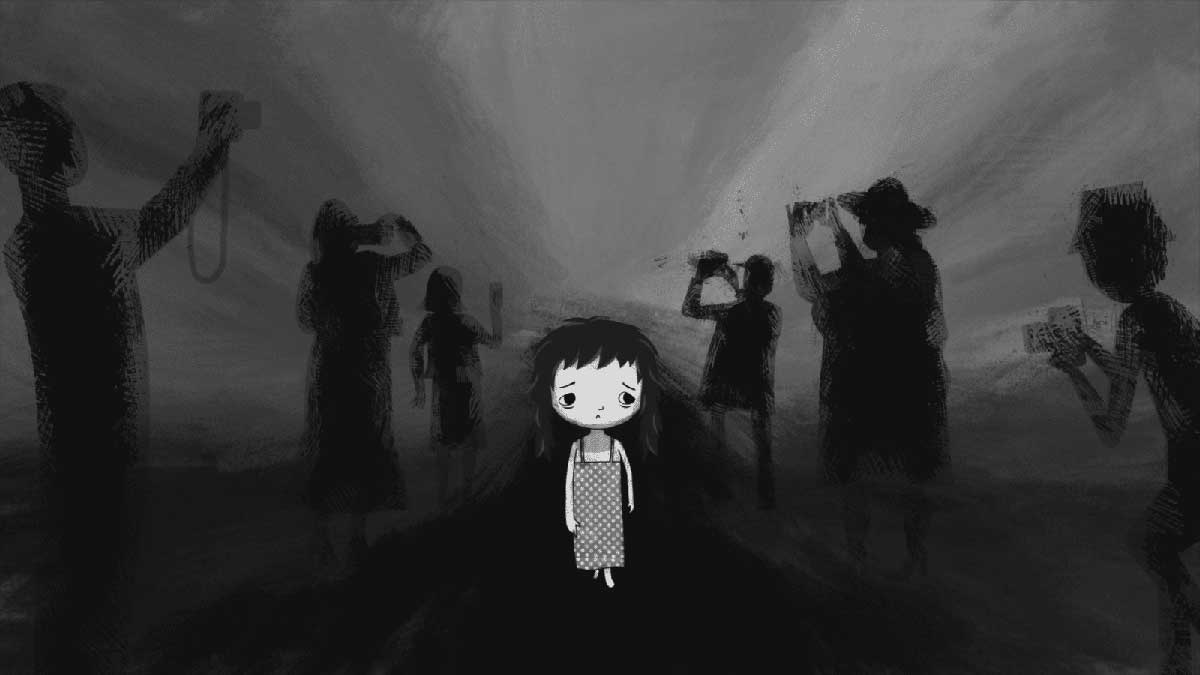
It is never appropriate for unskilled, unvetted people to be volunteering and engaging intimately with vulnerable children living in an orphanage.
The children shouldn’t be in the orphanage to begin with, so unless you are an expert working with the orphanage staff to provide skills and training required for the safe reintegration of the children to family-based care, then you shouldn’t be volunteering in an orphanage at all.
The western world has known for over a century how damaging institutional care is for the development of children. In developed countries, orphanages are now a thing of the past. There are many child protection organisations, like Cambodian Children’s Trust, working hard with governments and communities to undo the damage done by voluntourism and deinstitutionalise developing countries. Any support individuals provide to orphanages undermines these efforts.
Sinet Chan, a care-leaver and member of CCT’s board of directors, experienced voluntourism for nearly a decade while growing up in an orphanage.
“I met many volunteers when I was at the orphanage. I know they are good people and they want to help, but what they don’t know is their actions are hurting children,” said Sinet.
It is important for each of us to do what we can to raise awareness about the harms of orphanages, so that our well-meaning friends and family don’t set off on voluntourism trips, blindly unaware of the harm they’re causing.
If demand for voluntourism dries up, so too will the orphanage industry across the developing world. In their place, better programs and services can arise that take a holistic approach to supporting whole families and empowering communities to build their own futures.
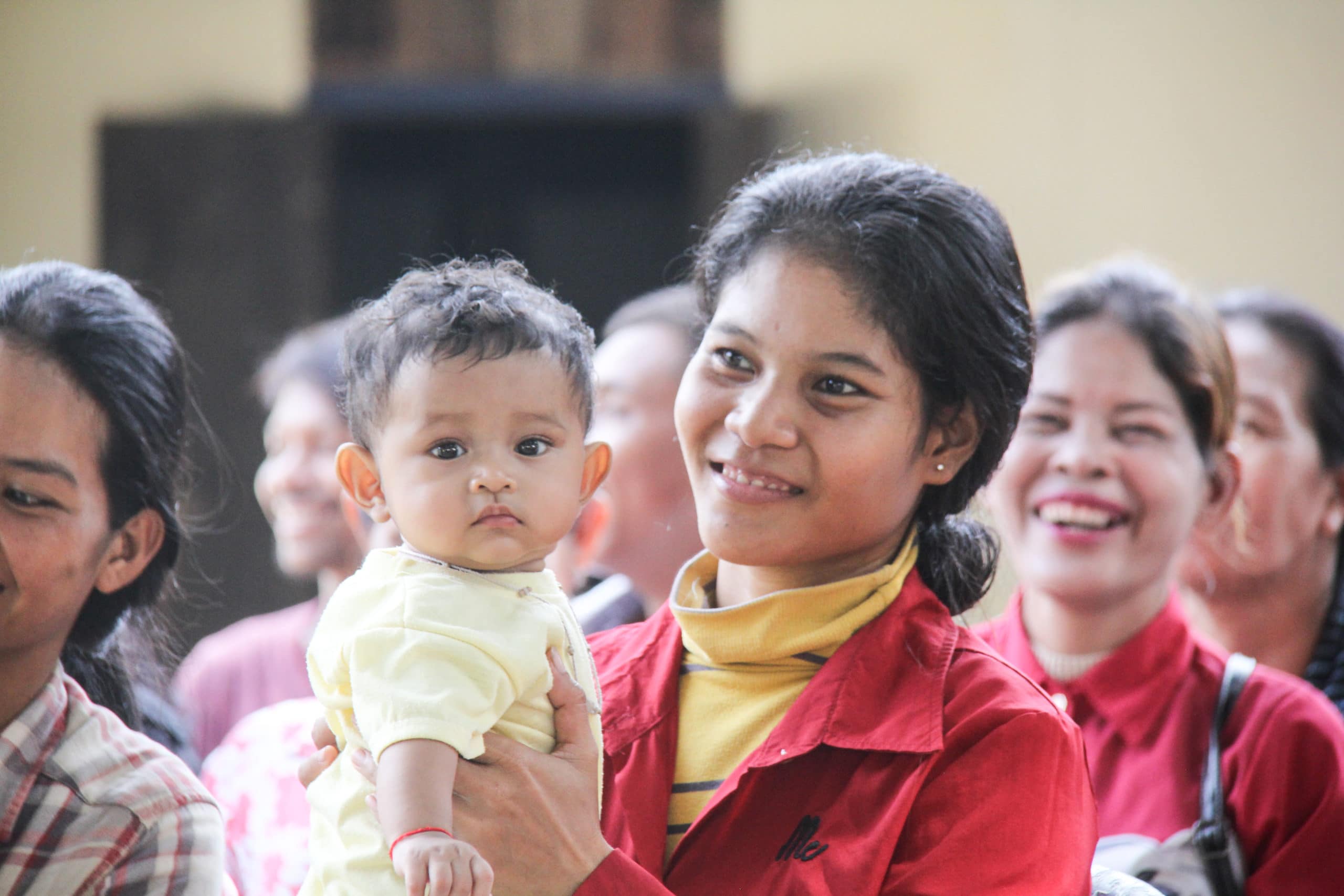
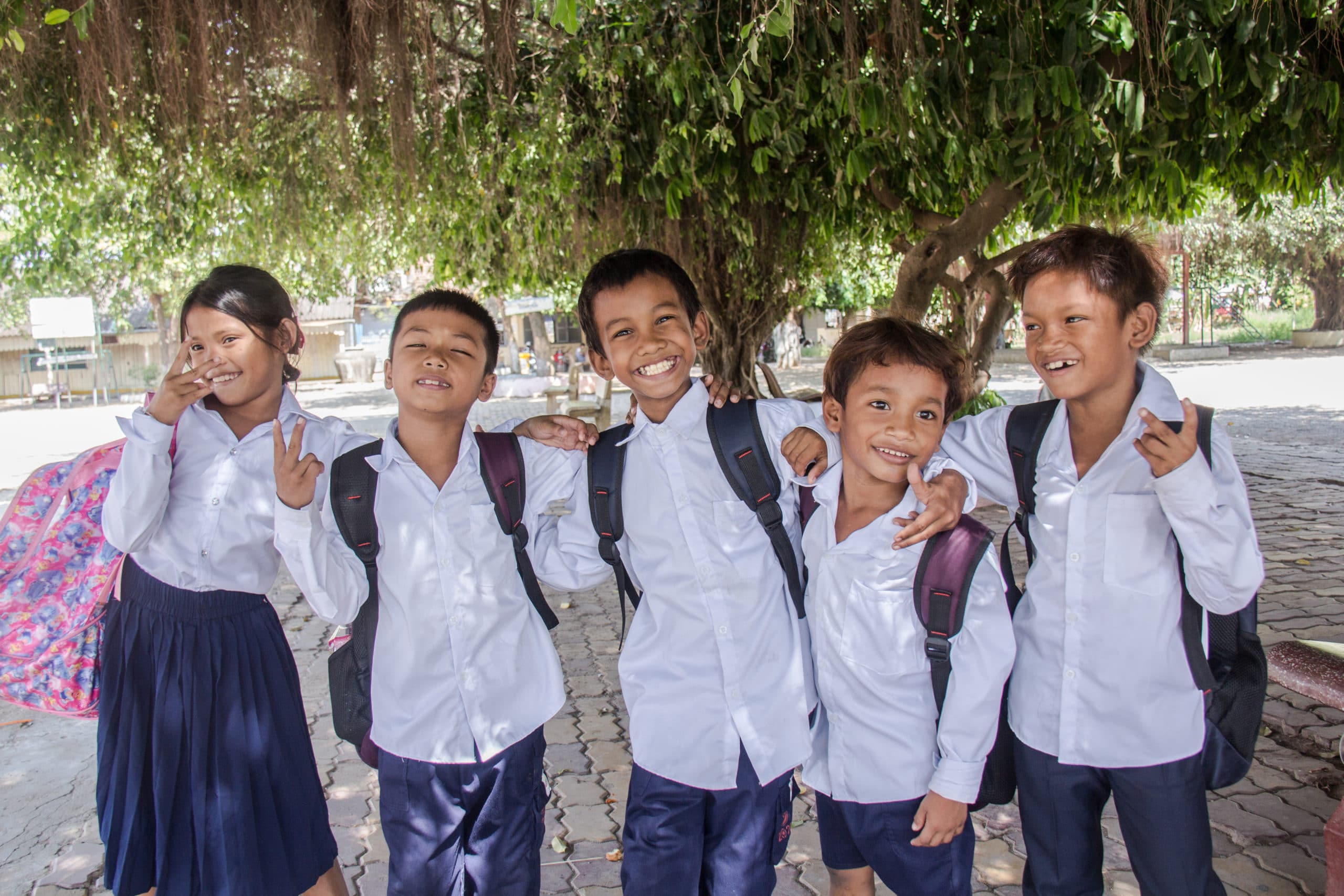
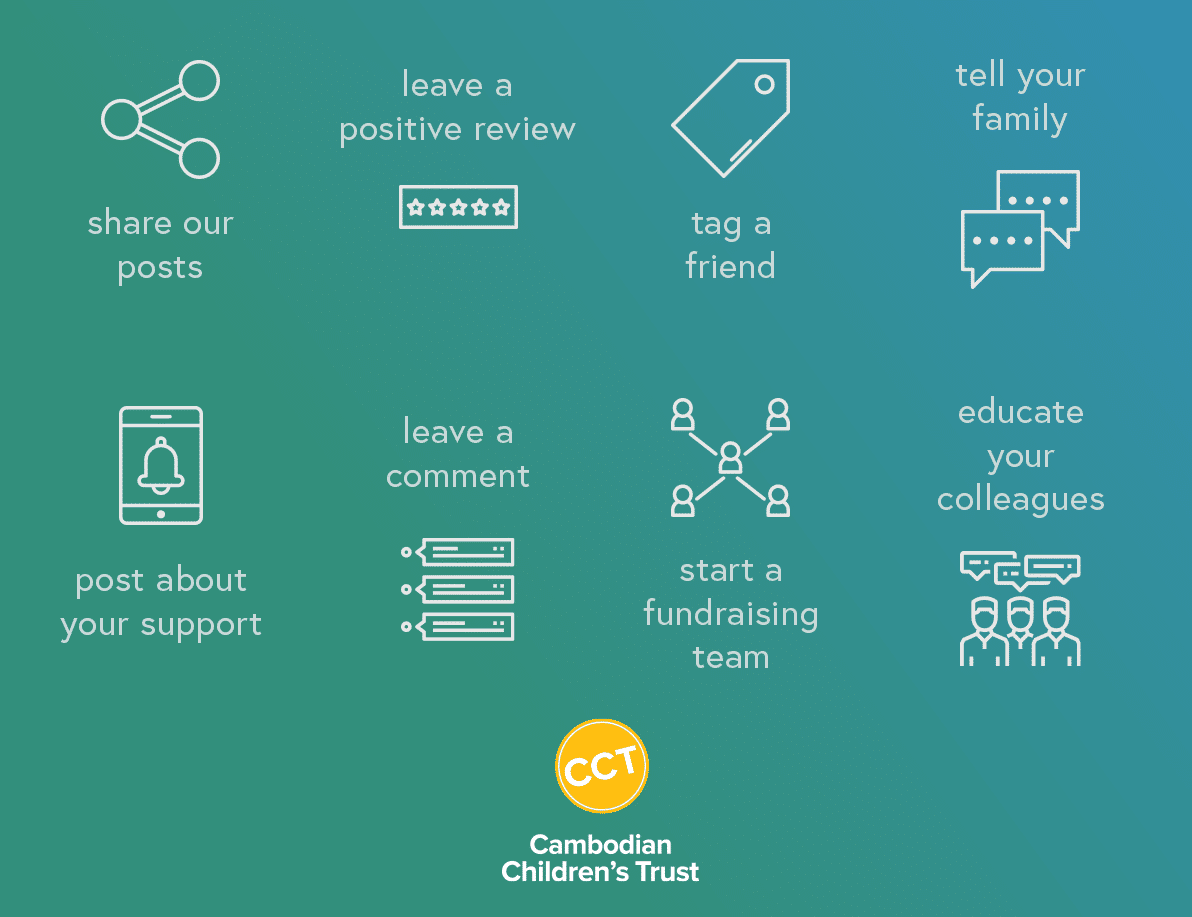
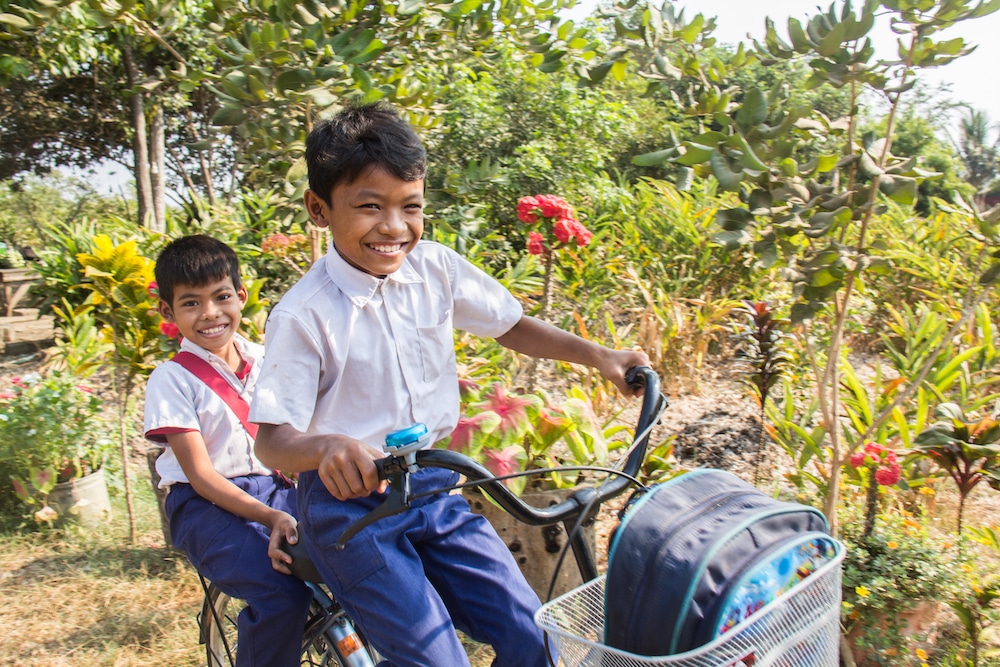
With your help we can help end the era of orphanages in Cambodia and empower families to build sustainable futures for themselves and their children.
Donate Now